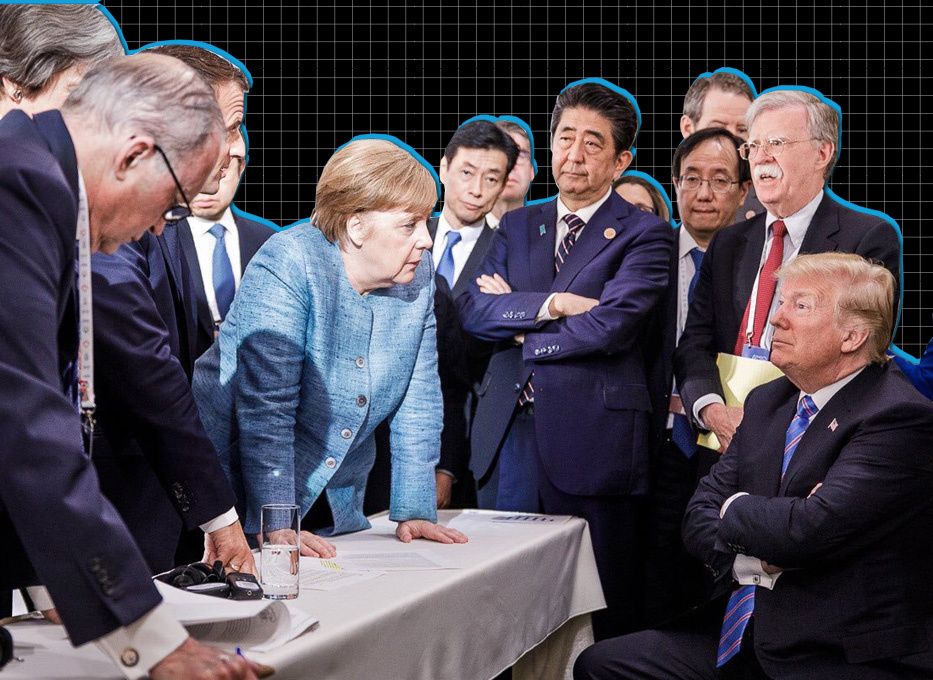June 27, 2019
World leaders have gathered in Osaka, Japan for the latest G20 summit meeting. What is the G20, where did it come from, and why is it unable to meet the world's biggest challenges?
Thirty years ago, the G7 countries had real power. In 1989, these seven — the US, Japan, Britain, France, Germany, Italy, and Canada — generated almost 70% of global growth. But that number fell to 50% by 2008, and the global financial crisis made clear they had to work with China, India and others to get things done.
▲That's the moment when the G20 group of countries first became important. The G20 responded effectively to the financial crisis, because it threatened all these countries at the same time and in a big way. Today, the G20 countries account for about 80% of the global economy and two-thirds of the world's population.
▲But since the financial crisis, the G20 hasn't accomplished much. There are two main reasons why:
- It's hard to get 20 countries to agree on anything that demands shared sacrifice.
- The G20 countries don't share basic political and economic values.
The result: There are big challenges the G20 can't really address.
▲Like climate change.
▲And the large number of migrants on the move around the world.
▲And international trade rules.
▲And cyber rules.
▲And global security.
▲That's a big reason we're living in a GZERO World, where no country or group of countries can meet the global challenges of our time.
▲More For You
Global conflict was at a record high in 2025, will 2026 be more peaceful? Ian Bremmer talks with CNN’s Clarissa Ward and Comfort Ero of the International Crisis Group on the GZERO World Podcast.
Most Popular
Think you know what's going on around the world? Here's your chance to prove it.
Indian Prime Minister Narendra Modi isn’t necessarily known as the greatest friend of Muslim people, yet his own government is now seeking to build bridges with Afghanistan’s Islamist leaders, the Taliban.
French President Emmanuel Macron, German Chancellor Friedrich Merz, Ukrainian President Volodymyr Zelenskiy, U.S. Special Envoy Steve Witkoff and businessman Jared Kushner, along with NATO Secretary-General Mark Rutte and otherEuropean leaders, pose for a group photo at the Chancellery in Berlin, Germany, December 15, 2025.
Kay Nietfeld/Pool via REUTERS
The European Union just pulled off something that, a year ago, seemed politically impossible: it froze $247 billion in Russian central bank assets indefinitely, stripping the Kremlin of one of its most reliable pressure points.
© 2025 GZERO Media. All Rights Reserved | A Eurasia Group media company.
